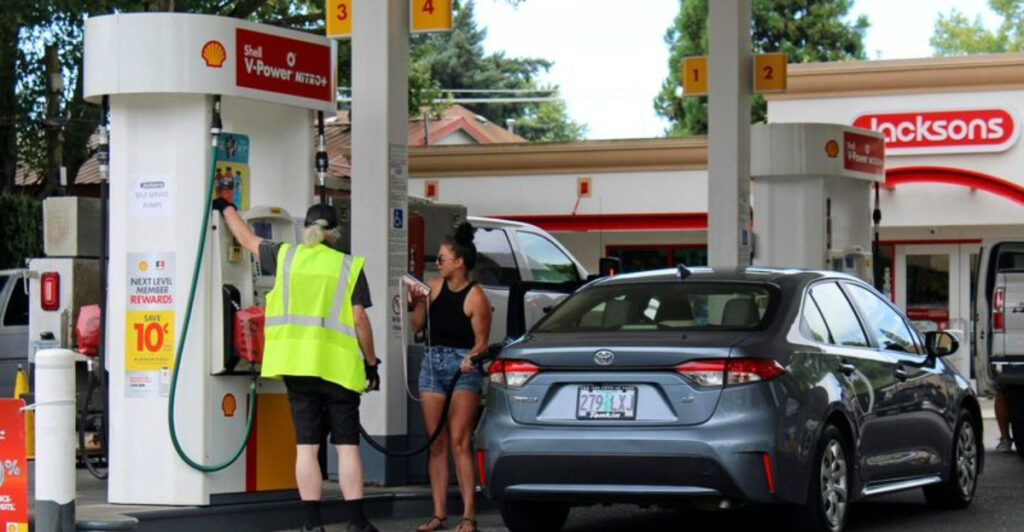Moving to the Pacific Northwest or planning a visit? This region has its own special way of doing things that might surprise newcomers. From coffee culture to rain gear, locals follow certain unwritten rules that help them fit in and enjoy life here. Learning these secrets will help you blend in like you’ve lived here for years instead of standing out as a tourist.
1. Skip the Umbrella, Grab a Hood
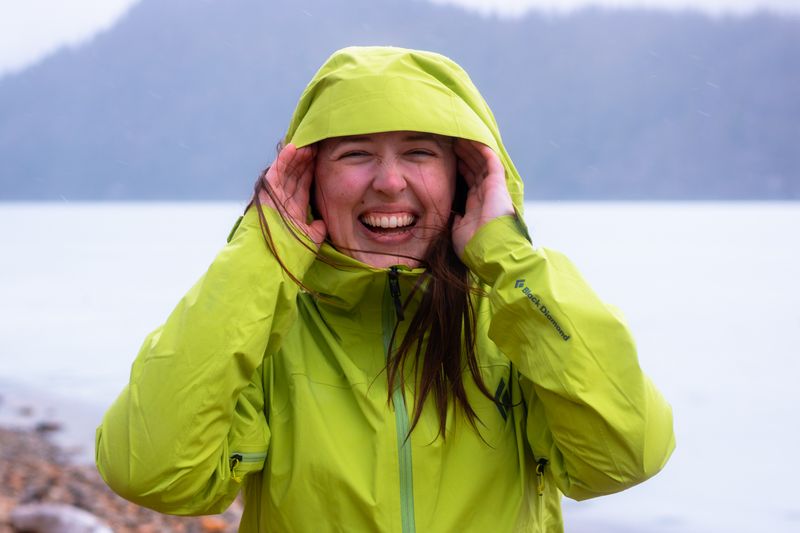
Nothing screams “tourist” louder than popping open an umbrella during a light drizzle in Seattle or Portland. Locals learned long ago that umbrellas are more trouble than they’re worth in the constant mist and wind.
A good rain jacket with a hood becomes your best friend here. The weather changes quickly, and you need something that works whether you’re walking downtown or hiking a trail.
Hoodies work great too, especially the thick ones that can handle moisture. Once you master this rule, you’ll wonder why you ever bothered with umbrellas in the first place.
2. Coffee Shop Loyalty Runs Deep
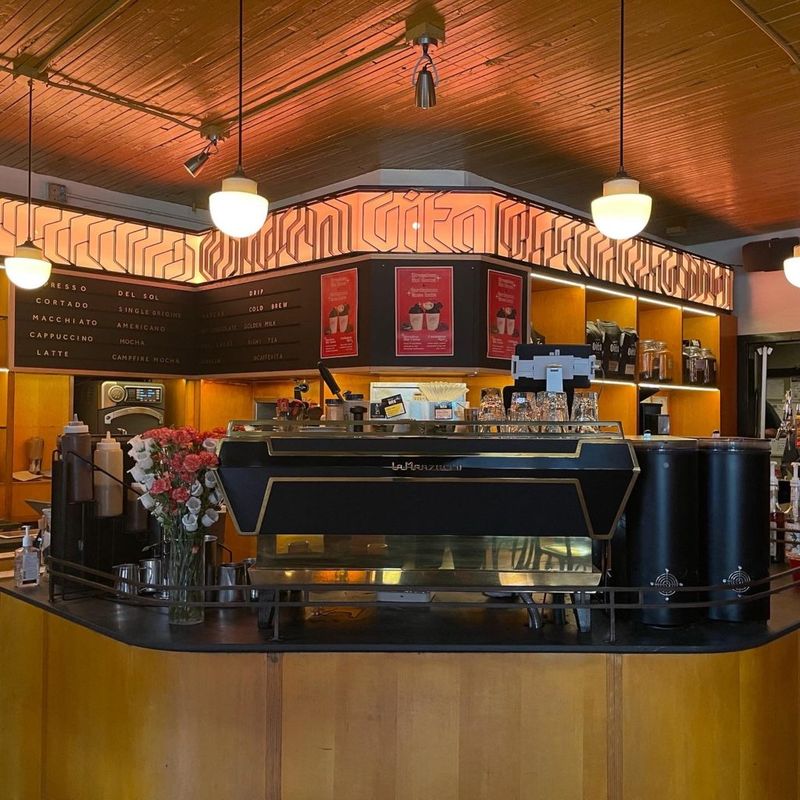
Sure, Starbucks started here, but locals have moved far beyond the green mermaid. Every neighborhood has its favorite independent coffee shop, and people are fiercely loyal to their spot.
Finding your local café becomes almost like joining a club. The baristas learn your order, you recognize the regulars, and you discover that each place has its own personality and specialty drinks.
Skip the chains when possible and explore the small roasters. Coffee culture here isn’t just about caffeine – it’s about community, quality, and supporting local businesses that make each area unique.
3. Recycling Is Serious Business
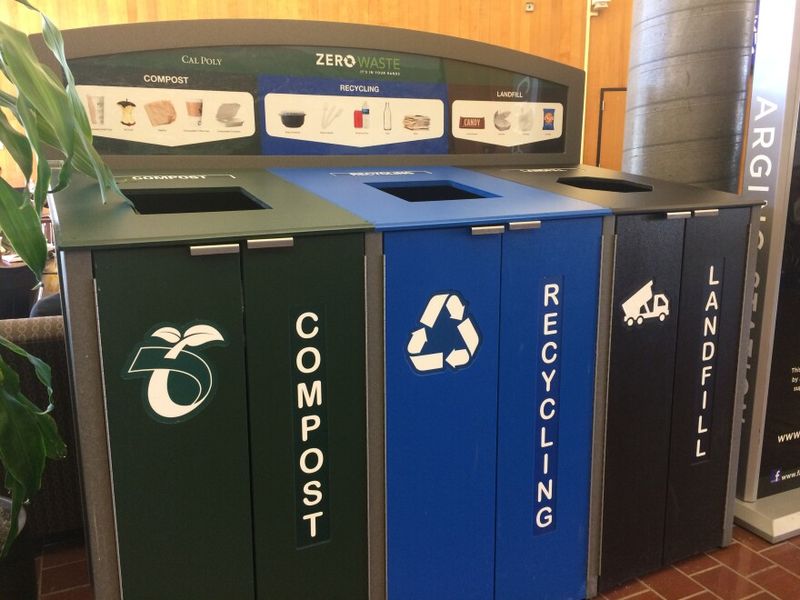
Environmental awareness isn’t just trendy here – it’s a way of life that locals take very seriously. Cities like Portland and Seattle have detailed recycling and composting programs that everyone follows religiously.
You’ll find separate bins for trash, recycling, and compost almost everywhere. Learning what goes where isn’t optional if you want to fit in with the community values.
Locals will notice if you throw everything in one bin, and some might even politely correct you. This commitment to the environment extends beyond just sorting waste – it shapes how people think about consumption and sustainability every day.
4. Trail Etiquette Matters More Than You Think
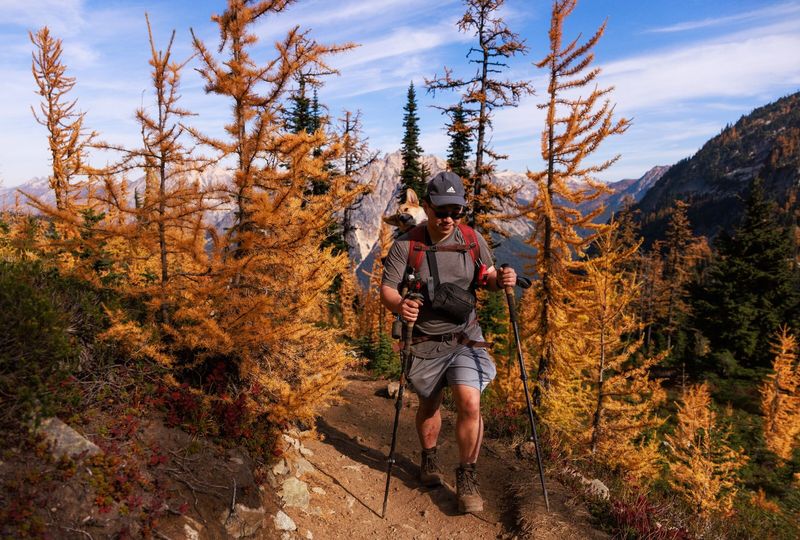
Hiking is practically a religion here, and there are unwritten rules that every local knows by heart. Uphill hikers always get the right of way – step aside and let them pass without making them break their rhythm.
Pack out everything you bring in, stay on marked trails, and keep your music to yourself. Nature is meant to be experienced quietly, and locals value the peaceful sounds of the forest.
Breaking these rules doesn’t just mark you as an outsider – it shows disrespect for the natural spaces that define Pacific Northwest culture and identity.
5. Flannel Serves a Purpose Beyond Fashion
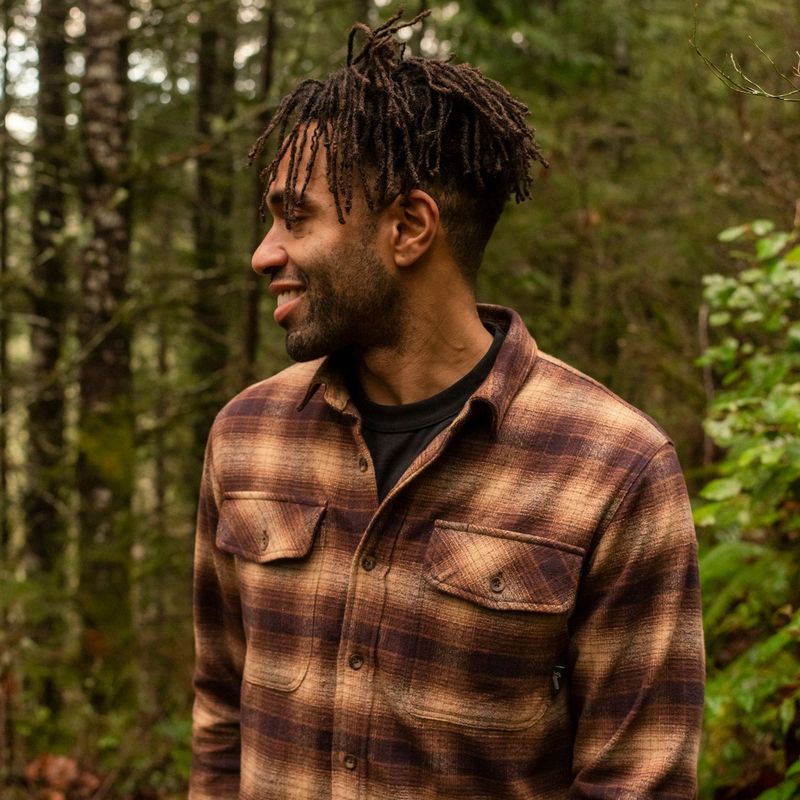
Visitors often think flannel is just a hipster fashion statement, but locals wear it because it actually works perfectly for the climate and lifestyle here. The fabric breathes well, provides warmth without bulk, and handles moisture better than cotton.
Real flannel fits the outdoor culture that defines daily life in the Pacific Northwest. Whether you’re hiking, working in the yard, or just dealing with unpredictable weather, flannel adapts to whatever the day brings.
When you see someone in well-worn flannel, they’re probably not making a style choice – they’re making a practical one based on years of experience living here.
6. Gas Station Confusion Awaits in Oregon
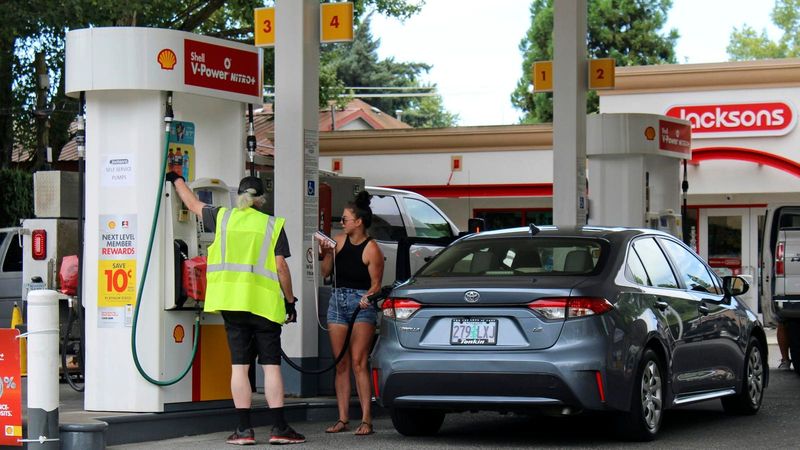
Oregon has kept full-service gas stations longer than almost anywhere else in America, though recent changes allow self-service in some rural areas. This creates confusion for visitors who don’t know the local rules.
In Washington, you pump your own gas like most places. But in Oregon, especially in cities, attendants still handle the pumping, and locals are used to this system.
Nothing reveals an outsider faster than jumping out to pump gas in the wrong place or waiting in your car where self-service is expected. Learning which state you’re in makes a big difference.
7. Craft Beer Culture Demands Respect
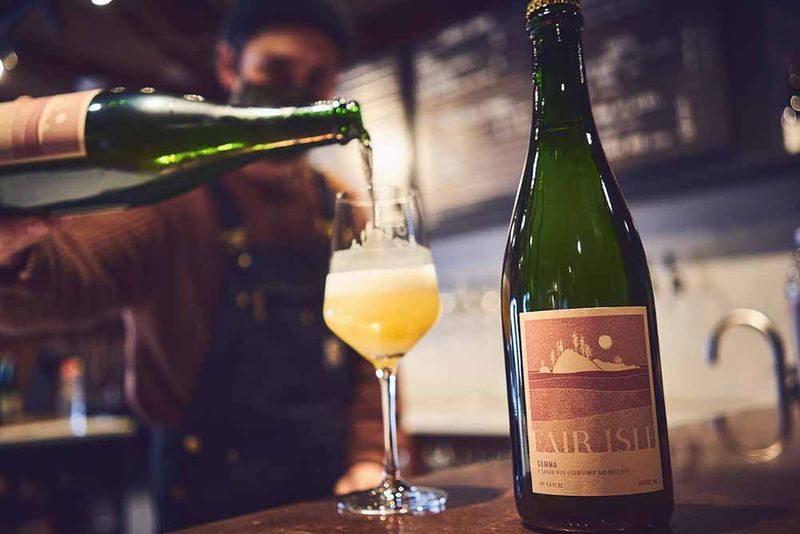
The Pacific Northwest practically invented modern craft beer culture, with more microbreweries per capita than almost anywhere else. Locals don’t just drink beer – they study it, discuss it, and take pride in discovering new favorites.
Ordering a generic light beer at a place known for its craft selection might get you strange looks. Bartenders and locals love sharing recommendations and talking about local breweries.
IPAs, sours, and stouts dominate the scene, with seasonal offerings that change regularly. Embracing this culture means being adventurous and appreciating the artistry that goes into each unique brew.
8. Ferry Patience Becomes a Survival Skill
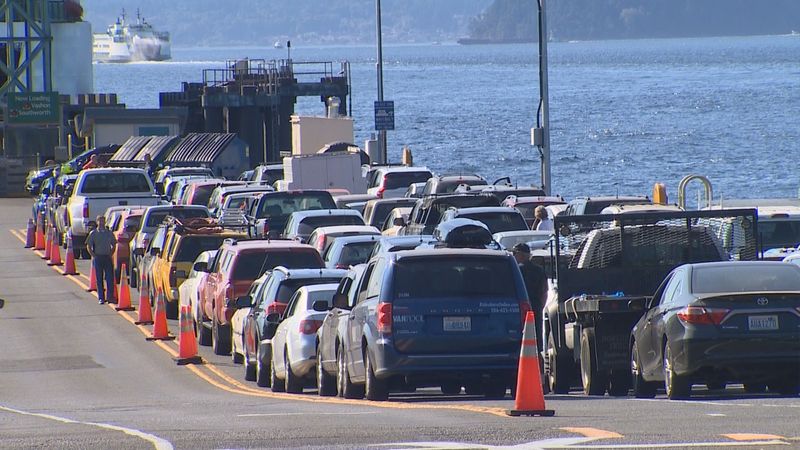
Washington State ferries connect islands and peninsulas, but they operate on island time, not city schedules. Long lines of cars, waiting periods, and delays are just part of the experience that locals have learned to embrace.
Smart locals bring snacks, books, or games and treat ferry time as a break from rushing around. Fighting the system only creates stress without changing anything.
The ferry ride itself offers stunning views and a chance to slow down, which fits perfectly with Pacific Northwest values. Learning to enjoy rather than endure ferry travel marks a major step toward local status.
9. Seattle’s Weather Reputation Needs Context
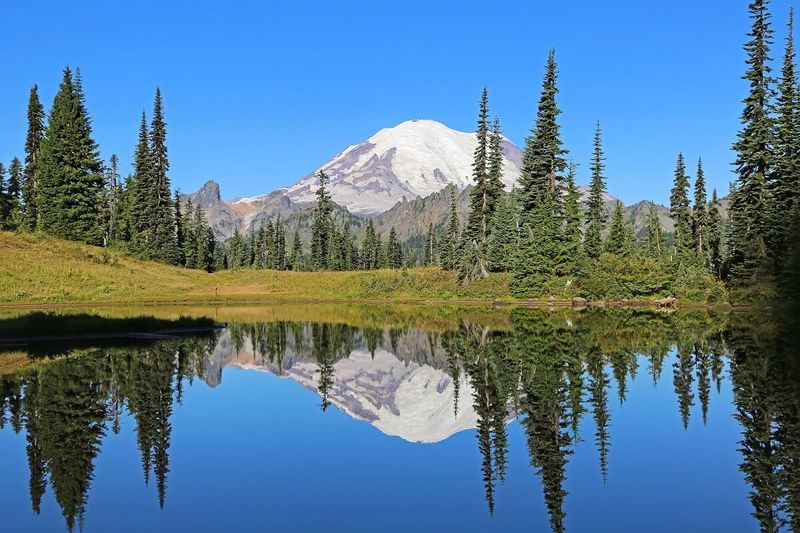
Yes, it rains frequently, but visitors who expect constant gloom miss the most beautiful season. Summer months from July through September often bring crystal-clear skies, perfect temperatures, and incredible hiking conditions.
Locals know that the rainy reputation keeps crowds away during the gorgeous summer weather. Those perfect days feel even more special because of the contrast with the rest of the year.
Understanding this cycle helps you appreciate why locals seem so happy when the sun appears. They’re not just being dramatic – they’re celebrating weather that rivals anywhere in the world.
10. Weather Talk Builds Community Bonds

Commenting on the weather isn’t small talk here – it’s how locals connect and share the experience of living with unpredictable Pacific Northwest conditions. A quick mention of the morning mist or afternoon sun breaks can start conversations with strangers.
However, constantly complaining about the rain marks you as someone who doesn’t understand the local mindset. Locals have made peace with the weather and often find beauty in the gray days.
Learning to appreciate drizzle, celebrate sun breaks, and discuss weather changes like a local helps you join the community conversation that happens everywhere from coffee shops to hiking trails.
11. Driving Courtesy Defines Road Culture
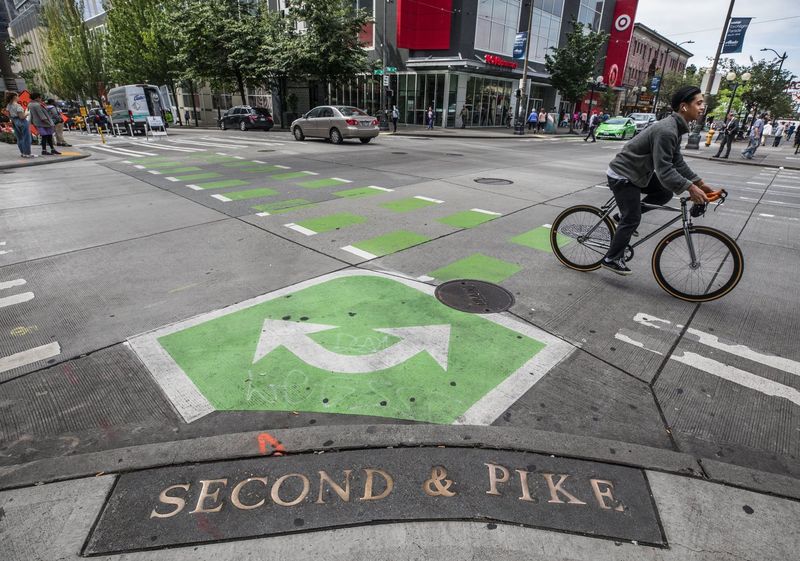
Honking your horn here is almost considered rude unless there’s genuine danger involved. Pacific Northwest driving culture values patience, courtesy, and helping other drivers navigate challenging conditions.
Locals merge smoothly, let people in during heavy traffic, and generally treat driving as a cooperative activity rather than a competition. Aggressive driving stands out immediately and marks you as an outsider.
This courtesy extends to parking, pedestrian crossings, and dealing with cyclists. The laid-back approach to driving reflects the overall Pacific Northwest values of community cooperation and environmental consciousness.
12. Nature Always Takes Priority
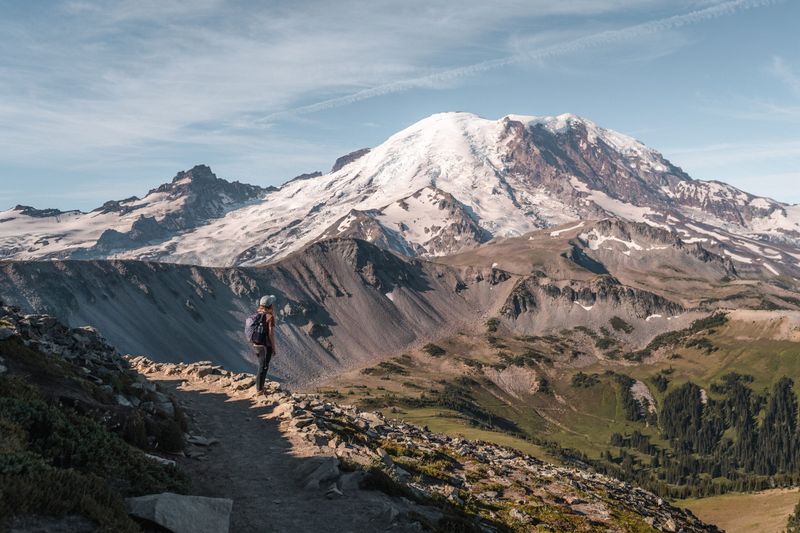
Whether it’s whale watching, hiking Mount Rainier, or exploring the Oregon Coast, locals organize their lives around access to incredible natural spaces. Weekend plans revolve around weather conditions and seasonal opportunities.
Respecting wildlife, following Leave No Trace principles, and protecting these spaces isn’t just good manners – it’s essential for preserving what makes this region special. Locals notice and appreciate when visitors share these values.
This connection to nature influences everything from clothing choices to career decisions. Understanding that outdoor access drives local culture helps explain many other Pacific Northwest customs and priorities.

